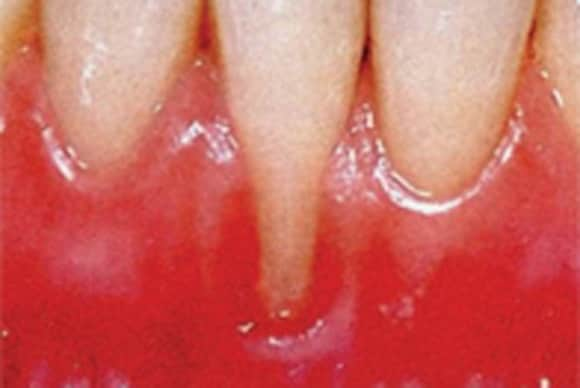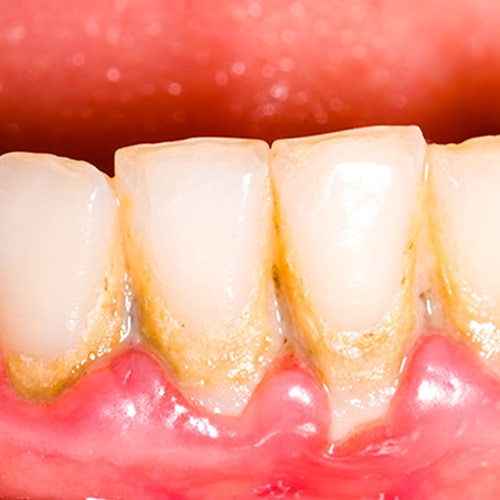GUM RECESSION - it's not only sensitive teeth

From a very young age we are all taught how to brush our teeth well for 2 minutes to get all the "sugar bugs" off the teeth. I always tell the parents and my young patient that while the teeth, gums and jaw are still developing the most important thing is to effectively remove plaque to avoid cavities. However, as we age we need to change the technique to focus more on the gums to avoid periodontal conditions like gum recession. Gum recession is a very common condition that can be treated. Unfortunately when we hear " you need to see the gum specialist" we want to ignore the recommendation thinking it will go away.
WHAT IS GUM RECESSION
Gum recession or receding gums is the exposure of the roots of the teeth caused by a loss of gum tissue and/or retraction of the gingival margin from the crown of the teeth.

WHAT IS THE CAUSE OF GUM RECESSION
1. Trauma-from chronic improper brushing or physical wound to the gum area around the tooth. Even occlussal trauma from grinding can create recession. This type of trauma creates a V sharp cleft in the gum
2. Chronic periodontal inflammation from poor oral hygiene

3. The position of the tooth too close to the edge of the bone leading to thin tissue that is more at risk of injury. Orthodontics can fix this type of problem.
4. Periodontal treatment of deep pockets can lead to recession
Risk Factors
1. Age
2. Smokers
3. Genetics
4. Diabetes
SYMPTOMS
One usually begins to notice teeth that are more sensitive to cold food and liquids. The appearance of the tooth getting longer becomes a concern as well when it is the front of the mouth. One would also notice more space between the teeth where the gums once filled in the space.
HOW TO TREAT GUM RECESSION
1. Desensitizing agents- if the recession only causes sensitivity then you can use toothpaste for sensitive teeth, (Sensodyne, Pro-Relief)
You may find that you need a professionally applied varnish if the toothpastes are not helping
If there is risk of dental decay due to soft root structure then a small bonding or filling can solve the problem
2. Orthodontics -if the tooth is misaligned from the rest of the teeth (too far forward) the solution may be to position it better in the bone. Straightening the tooth can create better bone and gum structure for a long lasting result
3. Gum grafting- may be needed to simply build up lost tissue. Graft material can be from the patient donor site or of synthetic material.
The best way to to avoid any periodontal treatment is prevention.
Keep regular hygiene visits since it is not just a check up anymore
If you have any concerns about the health of your gums or if you notice a change, even if small ,please bring it ot our attention.
Your smile is important to us
Dr Sharon Walden and staff
.jpg)